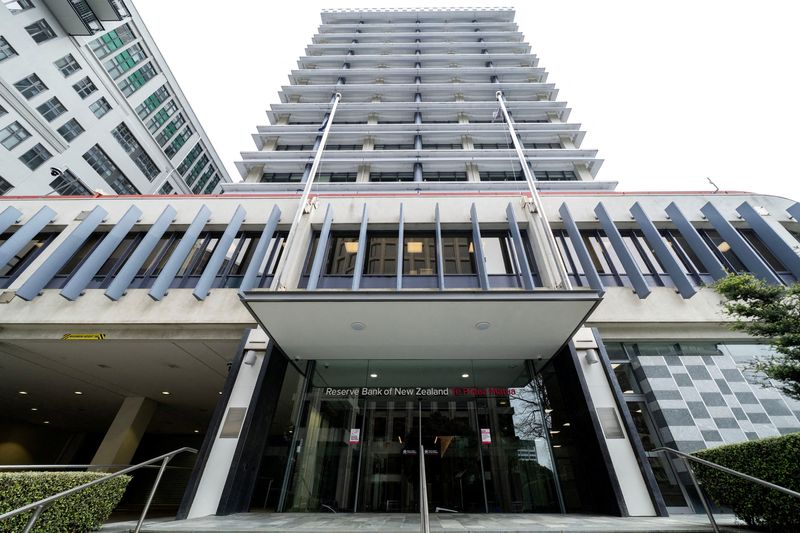RBNZ’s Incoming Governor Should Prioritize Stunted Growth
PositiveFinancial Markets

Anna Breman, the incoming governor of New Zealand's central bank, is set to take charge with a strong commitment to controlling inflation. Her focus on economic stability is crucial as the country faces challenges related to stunted growth. Breman's leadership could steer New Zealand towards a more robust economic future, making her priorities significant for both policymakers and citizens.
— via World Pulse Now AI Editorial System

